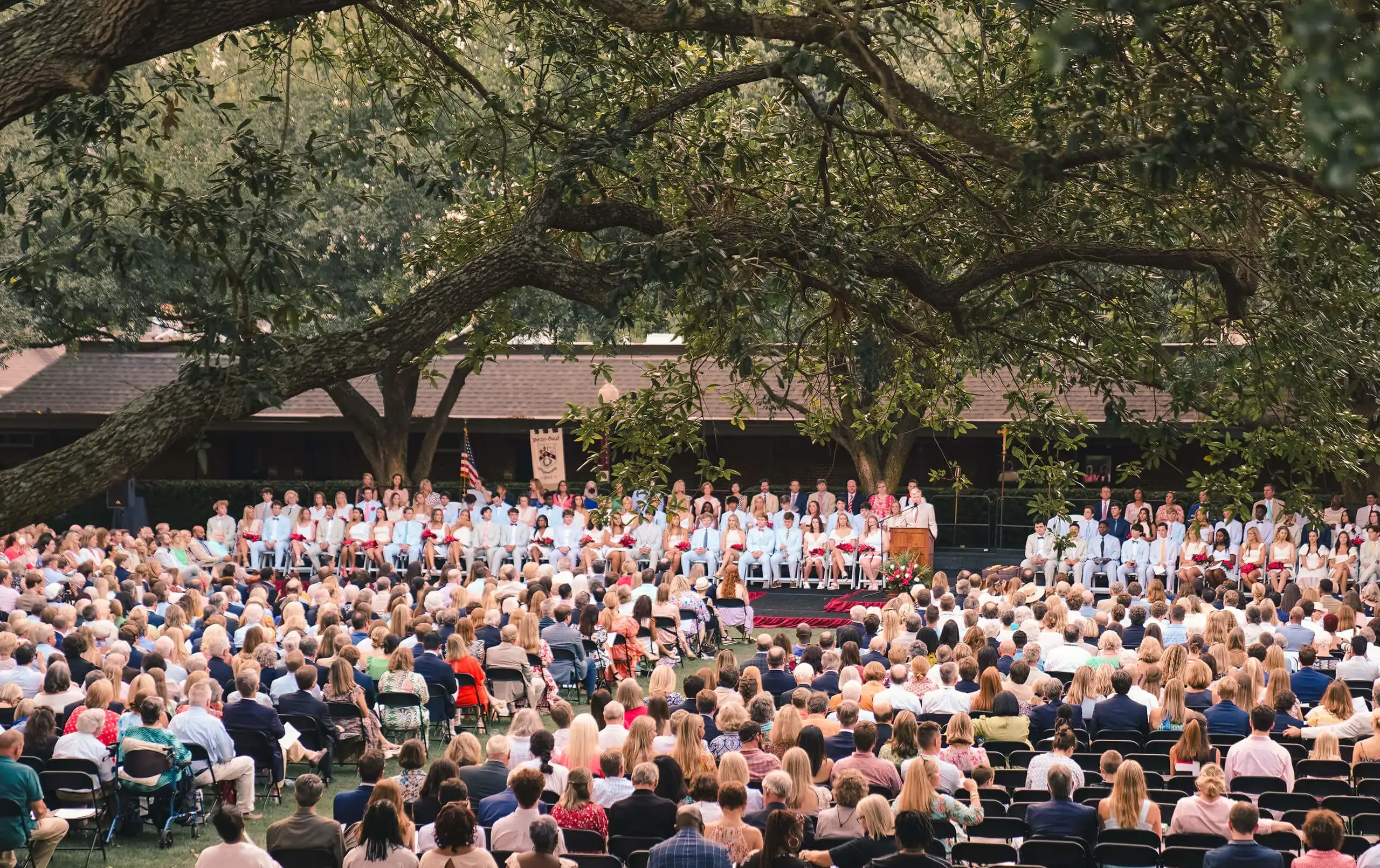
LOWER SCHOOL ACADEMICS
A journey of discovery
The Lower School is a journey of discovery where students take the first steps on their educational path.
Joy is found in recognizing abilities and unearthing new talents, meeting challenges, and building strong relationships that foster an inclusive learning community.
Our nurturing and stimulating environment features numerous hands-on collaborative learning experiences.
Classes are rooted in real life and build on our students’ desire for active participation and their need for individualized attention and support. Our children are growing up in a multicultural and globalized society, and Porter-Gaud gently prepares them to navigate an increasingly complex and interconnected world.
All Lower School students study Mandarin Chinese and Spanish, and character education is woven throughout our curriculum to reinforce positive behaviors, build good habits, strong character and empathy.
Academic Program
The Lower School has a well rounded academic program which allows us to meet the needs of Porter-Gaud’s youngest students in grades one through four. Using flexible groupings and differentiated instruction, we support and foster fluent readers and writers and build competent and confident math students. Our Lower School students learn to think critically, articulate ideas, and work collaboratively not only in reading, writing, and math, but also in social studies, science, and world languages. These programs allow students to investigate the world around them in meaningful settings.
Through our social studies curricula, students explore our neighborhood, our city, and our state. In addition to in-depth study and research done in the classroom, our students learn first hand about the rich heritage, culture, and people of our region through trips to historical sites in Charleston and our state capital.
All students immerse themselves in true lab sciences, from ecosystems to engineering. Our outdoor spaces become backdrops for the study of butterflies, marsh grasses, and weather changes. We program robots and build habitats.
The world language program in Lower School includes the study of both Chinese and Spanish. Our goal is for students to become conversant in both languages as well as to develop an understanding and appreciation of both cultures while gaining a more global perspective.
Arts
A cornerstone of a Porter-Gaud education is an in-depth experience in the arts.
In addition to regular classes in art and music, Lower School teachers work collaboratively to provide students with interdisciplinary opportunities which combine visual arts and music with classroom learning. Students hone their performance skills through participation in grade level performances that include a wide array of music, dance, and drama.

Through this robust program, students learn the discipline of an artist, appreciation of their own creativity, and a new way of looking at the world around them.
Character Development
To further our goal of building and fostering a diverse, inclusive, and equitable community, it is crucial for our students to develop strong social and emotional skills. These skills are best learned through relationships, our teachers find opportunities throughout the day to assist students in communication and self regulation. Students participate in character education classes focused on strengthening their sense of self, creating positive friendships, and navigating challenging situations. Ultimately, our goal is to create a community where all students feel valued and recognize the value in others.
Community Engagement & Belonging: Intercultural Learning
Porter-Gaud is committed to creating an inclusive and equitable community in which all individuals can contribute to school life and develop a sense of belonging (feeling safe, appreciated, supported, and accepted as a beloved member of the community.)
To further this commitment, the Office of Community Engagement and Belonging (CEB) offers Intercultural Learning Lessons in the Lower School. Intercultural Learning at PG seeks to support the kids in their growth to communicate effectively with different people, be empathetic collaborators, and globally oriented citizens.
In first and second grade, the intercultural learning lessons focus on the students' ability to discuss themselves and their families, describe their similarities and differences to one another, and recognize and respond to fairness and unfairness in work and play. In third and fourth grade, the lessons focus on the students' ability to describe themselves and embrace their family traditions, investigate and value their similarities and differences to one another, learn about examples of justice and fairness in history, and value others beyond their shared attributes.


We would love to discuss your place at Porter-Gaud.
